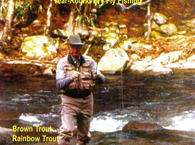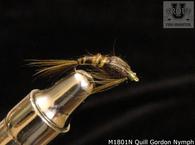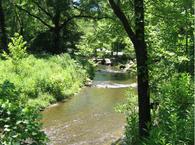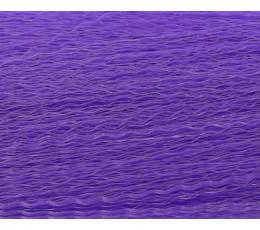
Trout waters are nearing flood conditions in my neck of the woods so I will only think about fishing. I am wondering what approach would be best when you spend a bunch of dough, drive three hours to your favorite stream and there is no hatch occurring. In the rare event that there no hatches taking place, I believe that I would choose a nymph. But I would choose a nymph or larva imitation that was most plentiful and available for trout to eat; and in many cases it would be a swimmer nymph. The reason that I would choose a swimmer nymph is that when hatches are not occurring, trout eat far more of the swimmer nymphs. This is because swimmers cannot hide as well as the clingers or burrower nymphs.
In most cases my first choice would be a Blue Winged Olive Nymph. That's because there are several different species of them and they are usually very plentiful and are swimmers as well. In a tailwater with a large population of Sulphurs for example, I would obviously choose those over the BWO’s. Slate Drakes would alos be a good choice for this time of the year since they are starting to hatch in areas such as the Great Smoky Mountains National Park.
If the stream didn't have a lot of swimmers I would choose the most plentiful crawler nymph. Crawlers can't hide very well and a lot get eaten before they become fully developed and open their wing pad which is a couple of weeks prior to hatching. I would also take a look in the stream and see if there are any clinger nymphs like stoneflies that are crawling toward the banks.
After I reasoned my way through that scenario, I would go to the often overlooked midges. Midges are usually available in most streams, but being that they are so small and with my poor vision, I am reluctant to use them.
Then, I might try some streamers if I could see any bait fish in the stream. If all else fails, I would try a terrestrial or an imitation of a worm.





